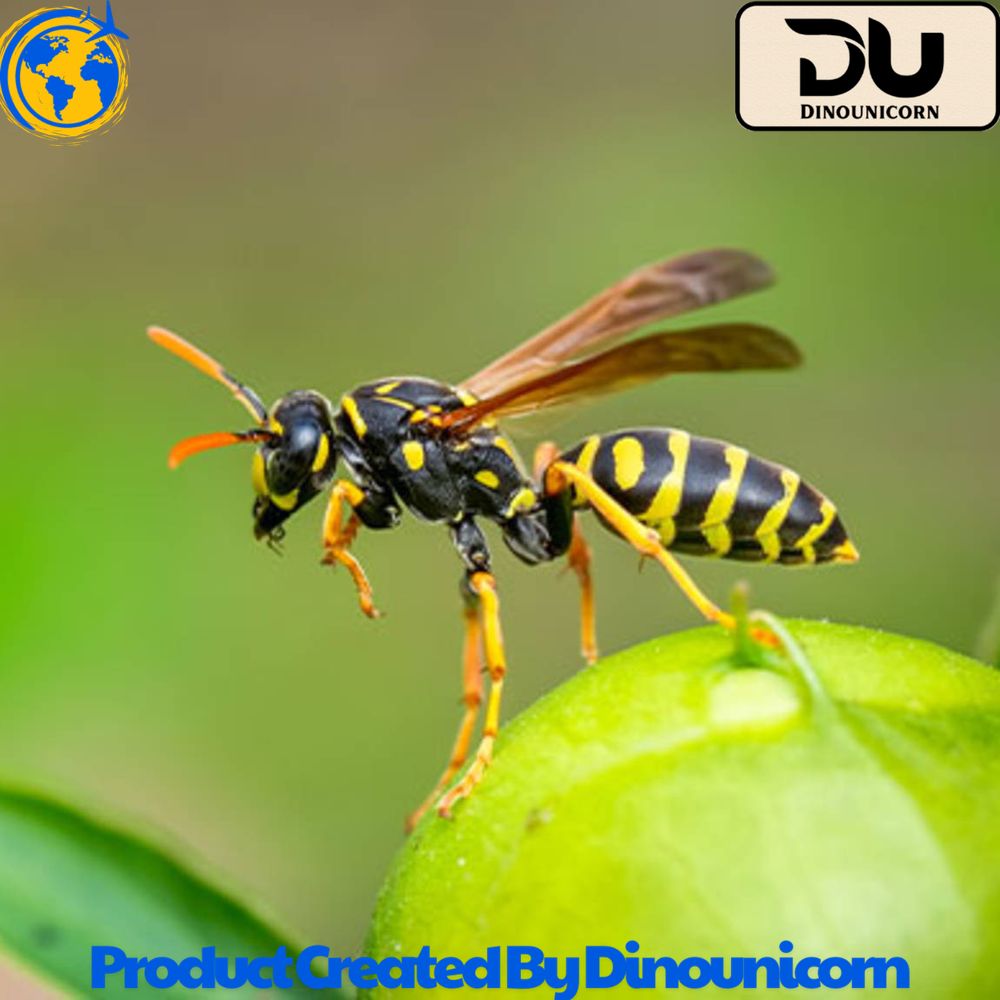Blog
What Do Wasps Eat?
What Do Wasps Eat? Understanding Wasp Diet and Feeding Habits
1. Introduction to Wasp Diet
What do wasps eat? This is a common question for many people who encounter wasps or are curious about their feeding habits. Wasps are fascinating creatures that play significant roles in ecosystems, particularly in pest control. Their diet varies depending on their species, life stage, and the time of year. While some wasps are predators that feed on insects, others prefer nectar, fruit, or sugary substances. Understanding what wasps eat not only helps in managing wasp-related issues but also highlights their ecological importance.
2. Primary Foods Wasps Eat
2.1 Insects and Other Small Animals
Do wasps eat insects? Yes, wasps are natural predators, and a significant part of their diet consists of other insects. Wasps help control populations of various pests, including aphids, caterpillars, and even other insects like spiders. Their predation is vital for maintaining a balanced ecosystem.
For instance, do wasps eat spiders? Yes, many wasp species, such as the spider-hunting wasps, feed on spiders, paralyzing them and laying eggs on their bodies so their larvae can feed on the spider. Similarly, do wasps eat caterpillars and aphids? Certain wasps, particularly those in the family Ichneumonidae, are known to parasitize caterpillars, injecting their eggs into them so that their larvae can consume the caterpillar from the inside out. Wasps also target aphids, which are small pests that harm plants.
2.2 Plant-Based Foods
While wasps are predominantly carnivorous, they also consume plant-based foods, especially in late summer and fall when food sources become more diverse.
Do wasps eat plants? While it’s not their primary food source, wasps will sometimes feed on plant matter, especially when other food options are scarce.
Do wasps eat pollen? Yes, many species of wasps also gather pollen, although they do not rely on it as much as honeybees. Wasps that feed on pollen can help pollinate various plants, contributing to the biodiversity of their habitats.
Do wasps eat nectar? Absolutely! Wasps drink nectar from flowers, which provides them with sugars. This is particularly true in late summer when wasps are searching for sugar sources to build up energy before winter.
Do wasps eat fruit? Wasps are attracted to overripe or rotting fruit, which provides them with a sugar-rich meal. During the fall, as they begin to prepare for the colder months, they seek out these easily accessible food sources.
2.3 Sugar-Based Foods
Do wasps eat sugar? Wasps are highly attracted to sugar, which is one of the main reasons they are so prevalent around human food during the late summer and fall. They will feed on sugary substances like soda, fruit juice, and even sweetened foods.
Do wasps eat honey? Yes, wasps will consume honey if they find it. However, unlike bees, wasps do not produce honey. They may raid beehives for honey, particularly in the later stages of their life cycle when they seek out high-energy food sources to survive the winter.
2.4 Other Sources of Food
Do wasps eat meat? Wasps are known to be carnivores, and they feed on meat. They may hunt down insects or scavenge on dead animals for protein. This includes feeding on the larvae of other insects, making them important predators in many ecosystems.
Do wasps eat wood? Some species of wasps, such as paper wasps, are known to chew on wood fibers to create their nests, but they do not consume the wood as a food source.
Do wasps eat larvae? Yes, some wasps will feed on the larvae of other insects. This behavior is more common among parasitic wasps, which lay their eggs inside or on the bodies of other insects, where the larvae will feed.
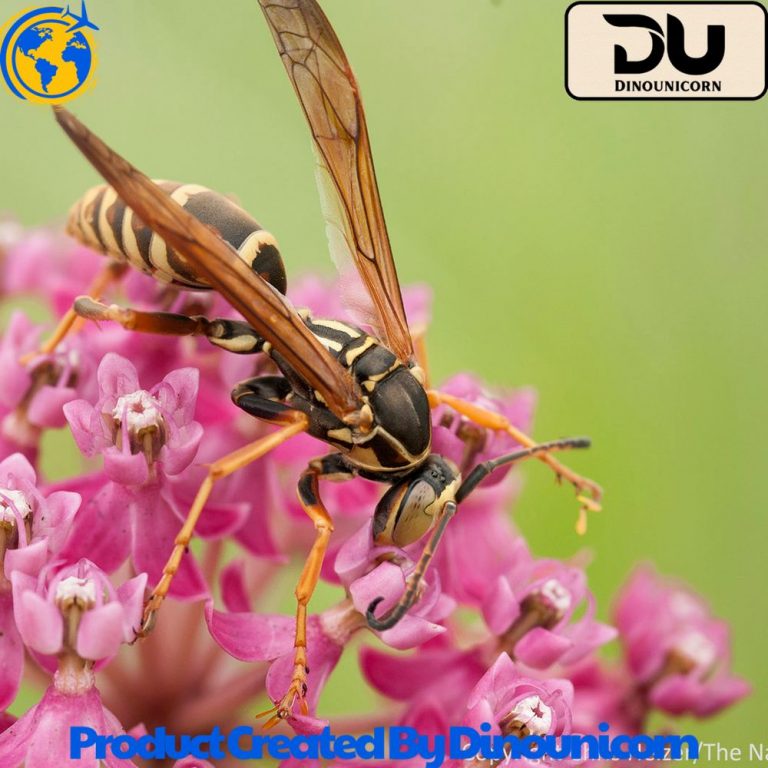
3. Seasonal Eating Habits of Wasps
3.1 What Do Wasps Eat in Summer?
During the summer months, wasps are highly active and their diet consists mainly of insects. As the weather warms up, wasps need to feed on protein-rich food to sustain themselves and feed their growing larvae. This includes hunting for insects, spiders, and caterpillars. Wasps are also attracted to sugary foods, which are more abundant during the summer. This is when they are most likely to be seen around fruit and outdoor gatherings.
3.2 What Do Wasps Eat in Fall?
As the weather starts to cool, wasps shift their diet to carbohydrate-rich foods. They are particularly attracted to overripe fruits, nectar, and sugary substances. The demand for protein decreases as the larvae mature, and the queen begins to prepare for hibernation. This is the time when wasps are most likely to cause problems around human food sources, as they seek out sugary treats to build up fat reserves for winter.
3.3 What Do Wasps Eat in Winter?
Do wasps eat during winter? In winter, most adult wasps die, and the queen hibernates in a protected area. Wasps are not active during the cold months and do not require food. However, they will resume their feeding behavior in the spring when they emerge from hibernation to start new colonies.
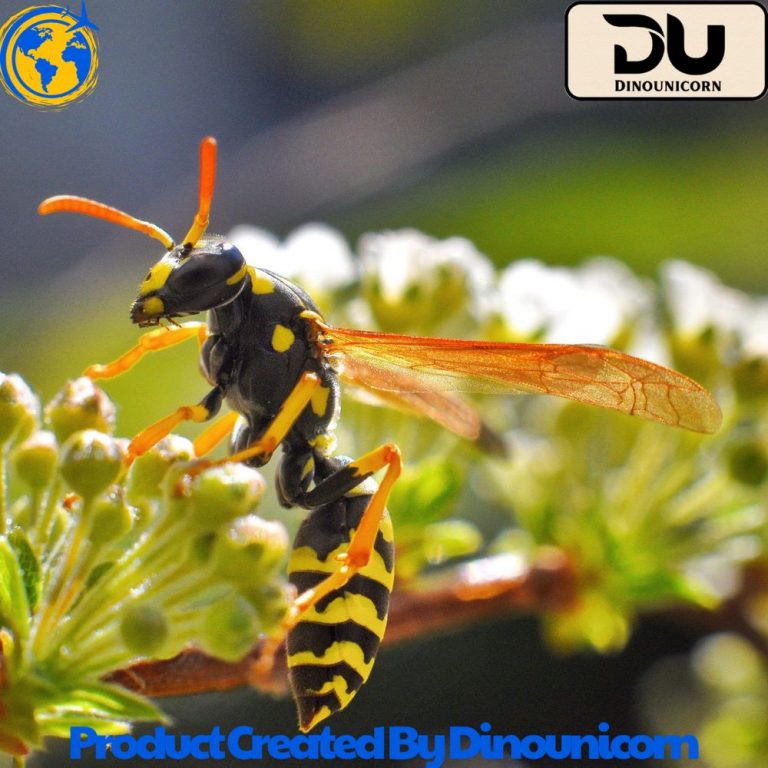
4. What Do Parasitic Wasps Eat?
4.1 What Do Parasitic Wasps Eat?
Parasitic wasps have a unique diet compared to other wasps. These wasps feed on other insects, often laying their eggs inside the bodies of their hosts. The larvae feed on the host insect until they are fully developed. Parasitic wasps typically feed on insects such as caterpillars, aphids, and other pests, and they are valuable for biological pest control.
5. Do Wasps Eat Other Wasps? Exploring Cannibalism
5.1 Do Wasps Eat Other Wasps?
Some species of wasps do engage in cannibalistic behavior, especially when food is scarce. Do wasps eat other wasps? Yes, in some cases, particularly among certain species like hornets, wasps may feed on other wasps. This behavior may also occur when a colony is attacked or when a wasp is dying.
6. How Wasps Feed Their Young
6.1 What Do Wasps Feed Their Young?
Do wasps feed larvae insects? Yes, wasps feed their young protein-rich food, such as insects, spiders, and other small animals. The larvae require high-protein meals to grow and develop before they pupate. The mother wasps or workers hunt for food, which is then chewed and regurgitated to feed the larvae.
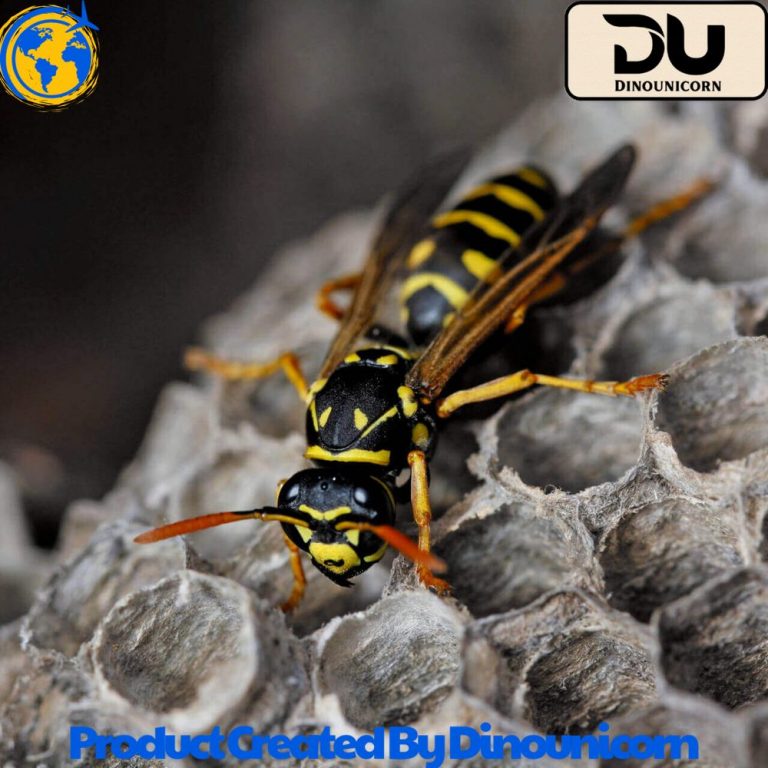
7. Do Wasps Help with Pest Control?
7.1 Wasps as Natural Predators
How wasps help control pests like aphids, mosquitoes, and caterpillars is an essential part of their ecological role. Wasps are natural predators of various pests, and their predatory behavior helps maintain balance in ecosystems. They feed on harmful insects that can damage crops or other plant life, making them valuable for pest management in agriculture.
8. Conclusion: Understanding the Wasp Diet
In conclusion, wasps are complex creatures with diverse diets that change depending on the season, their role in the colony, and their species. While they are primarily carnivores, they also feed on nectar, fruit, and sugary substances. Understanding what do wasps eat helps in appreciating their ecological role and can also assist in managing their presence around human food sources.
If possible, please visit dinounicorn.com or freshmilktee.com to support us.
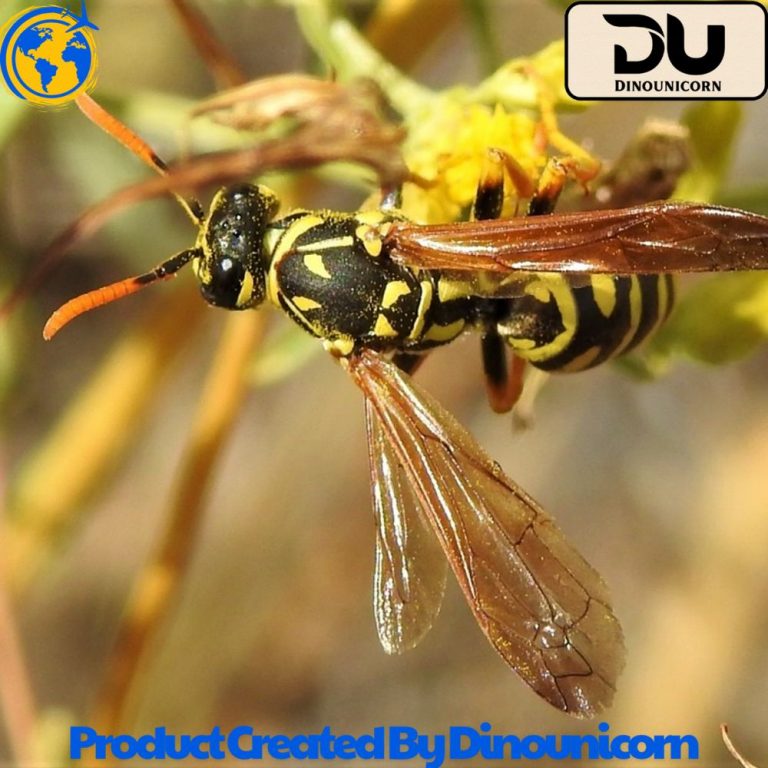
Frequently Asked Questions (FAQs)
- What do wasps eat in winter?
Wasps are not active in winter and do not need food. The queen hibernates, while most adults die off. - Do wasps eat honey?
Yes, wasps will eat honey, especially if they can raid a beehive. - What do parasitic wasps eat?
Parasitic wasps feed on other insects, laying their eggs inside their hosts. - Why are wasps attracted to sugary foods?
Wasps are naturally attracted to sugary substances to fuel their energy needs, especially in late summer and fall. - Do wasps help control pests?
Yes, wasps play an essential role in pest control, feeding on insects like aphids, mosquitoes, and caterpillars.
For more information on what do wasps eat, check out these helpful resources:
 Skip to content
Skip to content

